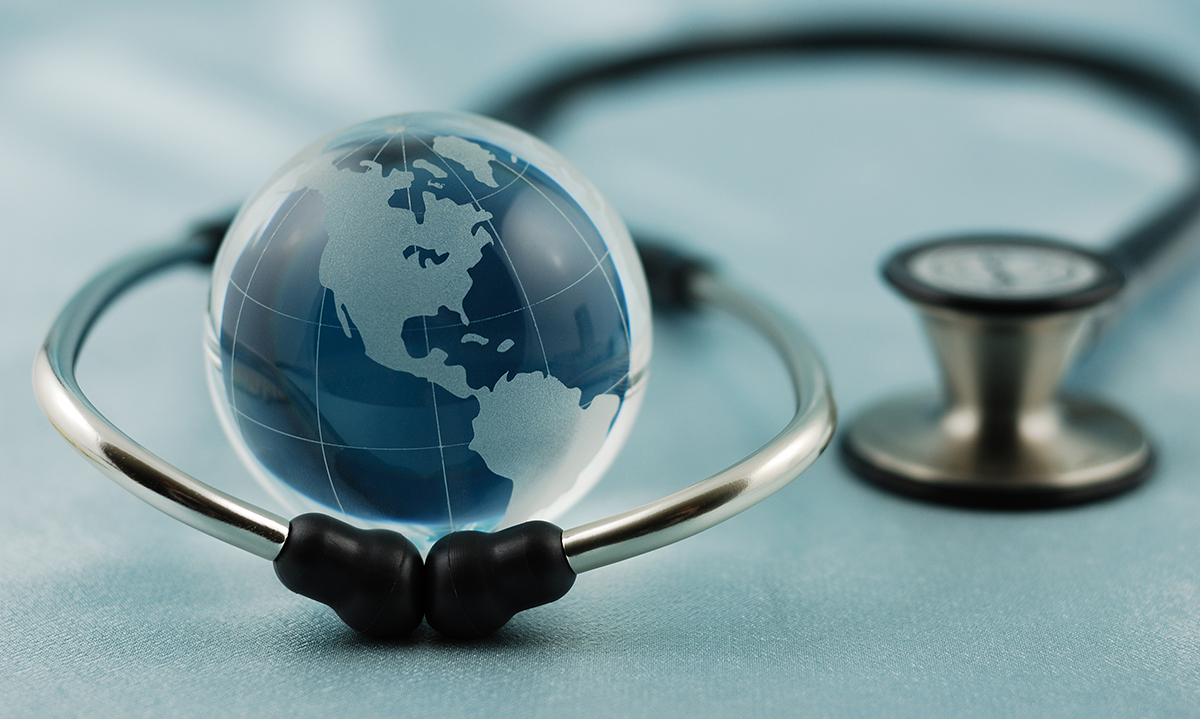The age of globalisation brings with it new challenges and opportunities in the areas of medicine and health, and a coordinated international effort is needed to become better at understanding and tackling the consequences. This is the idea behind the research call Mobility – Global Medicine and Health Research, which was established by the Novo Nordisk Foundation in partnership with the ”la Caixa” Foundation (Spain), Wellcome (United Kingdom) and the Volkswagen Foundation (Germany).
The purpose of the joint call is to advance research on how global mobility affects the general health, health determinants and well-being of local and mobile populations, and on how the effects of mobility can be addressed in a sustainable way. Furthermore, the call aims to break down existing barriers in the science community by promoting interdisciplinary projects that integrate multiple research perspectives while mobilising research partnerships across geographical distances.
Following review of the applications by international expert panels, the four foundations have now awarded grants to seven research projects, at a total amount of €10.3 million. Each Mobility – Global Medicine and Health Research grant is funded by the foundation in the country where the main applicant is located. Thus, the Novo Nordisk Foundation has awarded two of the seven grants, at a total amount of DKK 22.5 million (€3 million).
The spread of pathogens among migrant workers
Professor of Anthropology at Aarhus University Jens Seeberg has been awarded DKK 11,248,000 (€1.5 million) for the project ”Antimicrobial resistance and labour migration across healthcare boundaries in Northern South Asia (AMR@LAB)”. The Covid-19 pandemic has shown how quickly pathogens spread in a globalised world. By mapping the life conditions of migrant workers in Nepal and India, focusing on the spreading and handling of disease, Professor Seeberg and his research colleagues from Nepal and India will find methods for improving the conditions for migrant workers as well as the general population. Covering a four-year period, the project will involve dialogue with policy makers and local communities on how to translate the findings into recommendations and educational initiatives.
Chronic disease care for forcibly displaced persons (FDPs)
Associate Professor of Public Health at the University of Copenhagen Morten Skovdal has been awarded DKK 11.250.000 kr. (€1.5 million) for a five-year project titled ”Understanding how mobility affects forcibly displaced persons’ continuity of chronic disease care (CONTINUITY)”. Joining forces with researchers from Uganda, Kenya and South Sudan, Morten Skovdal will examine the access to healthcare among the nearly 4 million FDPs living in the migration corridor between South Sudan and Uganda. The focus will be on how persons suffering from hypertension or diabetes cope with the challenges relating to their chronic disease. The aim is to contribute to the development of improved frameworks of care for FDPs suffering from hypertension and diabetes.
About Mobility – Global Medicine and Health Research
The joint call is part of the international funding initiative Global Issues – Integrating Different Perspectives and represents an important step towards strengthening the collaboration between private foundations in Europe.
The call is comprised of two stages. For stage 1, which offered preparatory grants of up to €50,000 each, the four foundations received a total of 81 applications in 2020, of which 15 were awarded grants covering a 10-month period. For the now completed stage-2 round, applicants could apply for up to €1.5 million per project, for a period of up to five years.
In addition to having a main applicant from a Danish, Spanish, British or German research institution, it has been a requirement that projects involved research collaborations with partners from non-European Low-to-Middle Income Countries.
Further information
Nils Eskestad, Senior Communications Manager, +45 3023 2904, [email protected]








